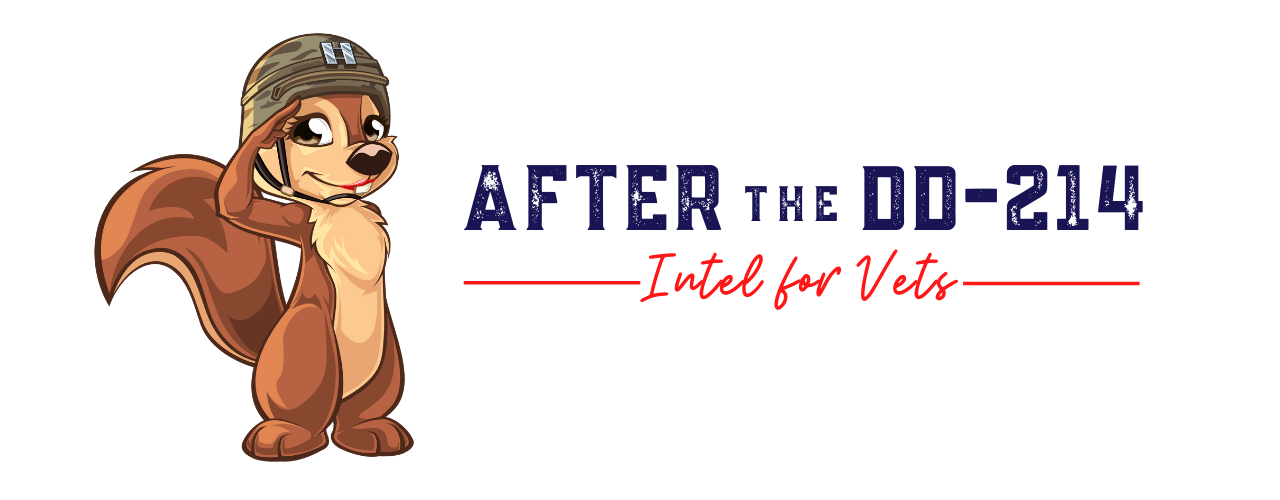So far this week, we’ve talked about two resources, Give an Hour and The Soldiers Project, which provide free counseling for servicemembers, veterans, and their families who are grappling with PTSD and other emotional conditions, such as depression, as a result of military service. But what if you aren’t ready to ask for help yet? Or what if you aren’t even sure if you have PTSD? Then, you should check out AboutFace.
Created by the VA’s National Center for Posttraumatic Stress Disorder, AboutFace, is a website that allows veterans to learn a little more about PTSD on their own terms. It has four primary parts: Veteran Directory, Clinician Directory, About PTSD, and Get Help.
Veteran Directory: This section of the website is comprised of veterans, from WWII to the present, talking about their PTSD. In a series of videos, the veterans discuss topics, such as how they knew they had PTSD, why they didn’t ask for help right away, and what treatment was like for them. There are a variety of veterans represented, from a member of the Chippewa nation who served two tours in Vietnam to a female retired Air Force Colonel to a WWII machine gunner who fought his way across North Africa, Belgium, Sicily, and Omaha Beach, and later spent 6 ½ months in a German POW camp, to a Marine Corps rifleman who served multiple deployments in Iraq. Their videos aren’t fluffy either; they talk about the honest, deeply raw, and hard to face aspects of PTSD, like slugging your wife in the middle of the night because her hair brushed your face or taking five years of therapy to work your way from eight medications to none and to stop thinking about bashing your coworker in the head with a shovel.
Clinician Directory: In this section, a series of VA social workers, clinical psychologists, and psychiatrists introduce themselves, explain what PTSD is and how to know you’re ready for help, and describe what treatment is like. Watching the videos, you realize that these individuals are as diverse as the veterans represented in the previous section. If you’re looking for a clinician who is cerebral and doesn’t care much for group therapy, you might prefer Dr. Matthew Yoder. If you’re looking more for someone who is more warm and fuzzy and probably gives out a lot more hugs, you might prefer social worker Stephanie Dove. If you want someone who will explain things to you and listen to your input on treatment options, you might prefer Dr. Ebony Butler.
About PTSD: In this section of the website, you can find more information on PTSD and PTSD treatment. While most of thinks don’t seem to take you where you are originally intended (you get an “Apologies: Page Not Found” message), they do take you to the National Center for Posttraumatic Stress Disorder webpage and numerous links which lead you to further information on PTSD and its treatment.
Get Help: This section of the page takes you to resources you can turn to get help with your PTSD. These resources include the Suicide Prevention line, the Veterans Crisis Line, details in how to enroll in the VA health care system, and a VA PTSD program locator. There are also links to the National Resource Directory and to self help resources (which I will discuss in further detail in tomorrow’s post).
Overall, the site is clearly geared towards making PTSD more personal and relatable, rather than just a concept. Its goal also seems to be to help remove some of the anxiety veterans may feel about admitting they have PTSD and about seeking treatment for it. If you are struggling with PTSD or think you may be showing symptoms of PTSD, I think it’s worth a few minutes of your time to watch a video or two and see if any of these veterans look or sound like you and to hear that they’ve struggled with the same things you may be struggling with and they took the hard road and sought help and it has worked.
To get started, visit AboutFace’s website.
© 2014 – 2020, Sarah Maples LLC. All rights reserved.

No Comments